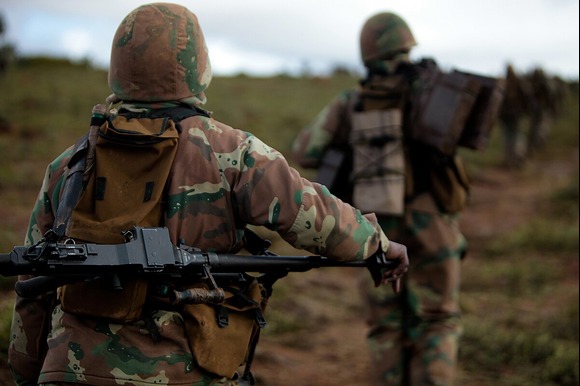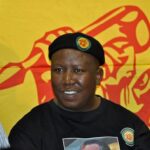Representatives from Rwanda and the Democratic Republic of Congo (DR Congo) have reached a draft peace agreement that could mark a turning point in one of Africa’s most protracted and violent conflicts. The proposed deal, mediated by the United States and Qatar, outlines steps for the disengagement, disarmament, and conditional integration of armed groups operating in eastern DR Congo.
The draft agreement, initialled by technical teams on Wednesday, includes provisions for a joint security mechanism aimed at preventing future hostilities between the two nations. A formal signing ceremony is scheduled for next Friday, with US Secretary of State Marco Rubio expected to attend as a witness.
The US State Department said the deal was the result of three days of “constructive dialogue” in Washington, addressing the political, security, and economic priorities of both nations. The draft builds on a previous agreement signed in April, when Rwanda and DR Congo committed to mutual respect for sovereignty and pledged to develop a peace framework.
The ongoing conflict intensified earlier this year when M23 rebels — widely believed to be supported by Rwanda — captured large swathes of eastern DR Congo, including the strategic cities of Goma and Bukavu. The rebels have since established their own administrative structures in the territory under their control. Kigali, however, denies backing the group, claiming its military presence is a defensive response to threats from groups like the FDLR, a rebel force largely composed of ethnic Hutus linked to the 1994 Rwandan genocide.
The fighting has had a devastating humanitarian impact, with thousands of civilians killed and hundreds of thousands displaced in recent months. In the wake of significant territorial losses, the Congolese government sought support from the United States, reportedly offering access to valuable mineral resources in exchange. Eastern DR Congo is known for its vast reserves of coltan and other critical minerals vital to the global electronics supply chain.
If successfully implemented, the deal could unlock billions of dollars in Western investment for the mineral-rich region. However, experts caution that key details of the agreement remain unclear, and past peace efforts between the two countries have collapsed before implementation.
In 2024, Rwandan and Congolese negotiators twice reached a deal under Angolan mediation to facilitate Rwandan troop withdrawals and joint action against the FDLR. However, both governments ultimately failed to ratify the accords, prompting Angola to step down as mediator in March.
As the world watches closely, hopes are high that this latest agreement could finally bring stability to a region scarred by decades of war, displacement, and political mistrust.






